Aphasia —— Special Topic Issue: Folia Phoniatrica et Logopaedica 2012, Vol. 64, No. 4
----- 失语症
Diagnosis and treatment of language and communication disorders in adult aphasic patients remain a challenge of huge importance for the speech/language pathologist. In this special issue, attention is particularly directed to cultural, linguistic, educational, and psychological aspects of rehabilitation in brain-injured, language-impaired patients. Reviewing the literature and discussing their own clinical observations and research data, the authors (members of the IALP Aphasia Committee) put this comprehensive account of intervention approaches to treating language impairments in adults into an international, multilingual, and intercultural perspective. The need of designing innovative intervention strategies that aim at reducing the language and communication impairments, and, hence, at improving people’s quality of life is highlighted and will allow optimization of rehabilitation programs and service delivery. Speech/language pathologists, neurolinguists, neuropsychologists, cognitive neuroscientists, as well as health care practitioners with specialized interest in neurogenic language disorders will find this publication indispensable reading.
{{comment.content}}
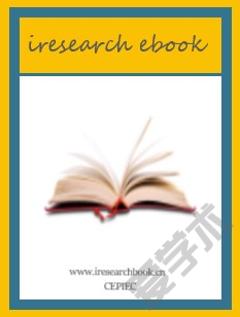
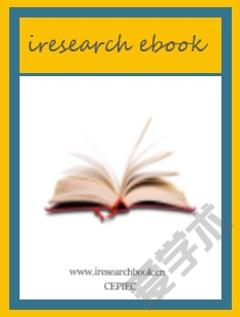
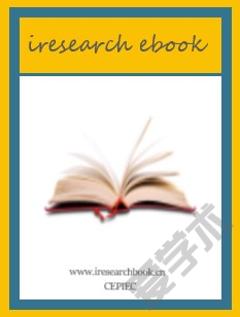
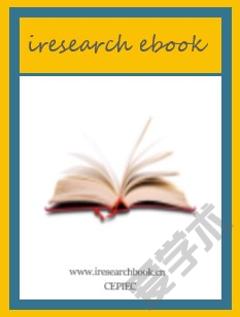
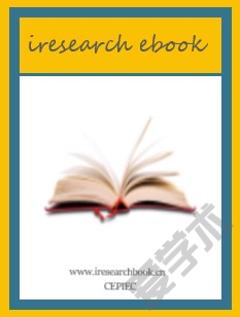
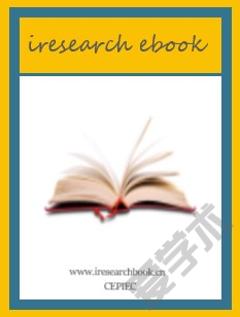


 京公网安备 11010802027623号
京公网安备 11010802027623号